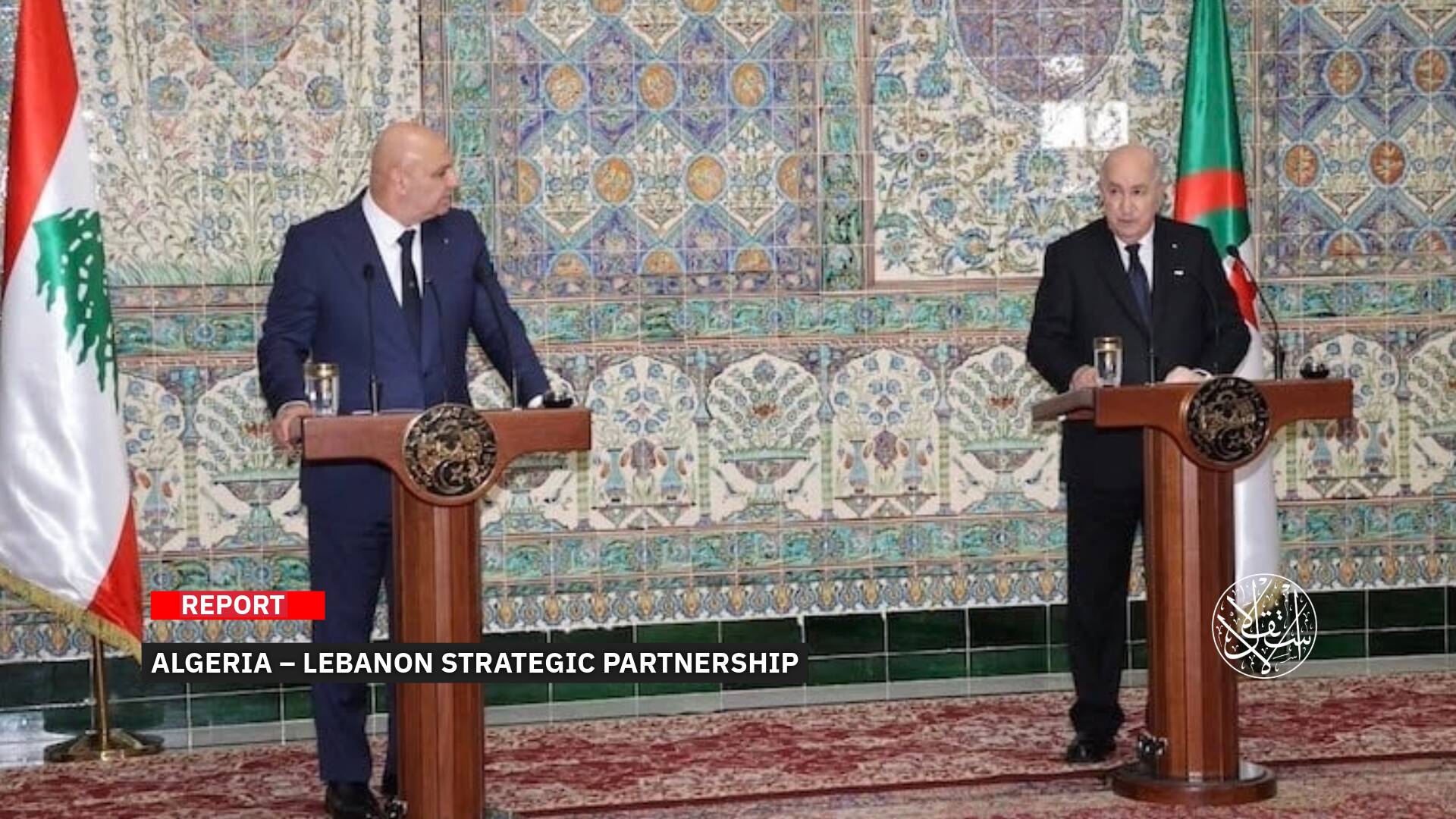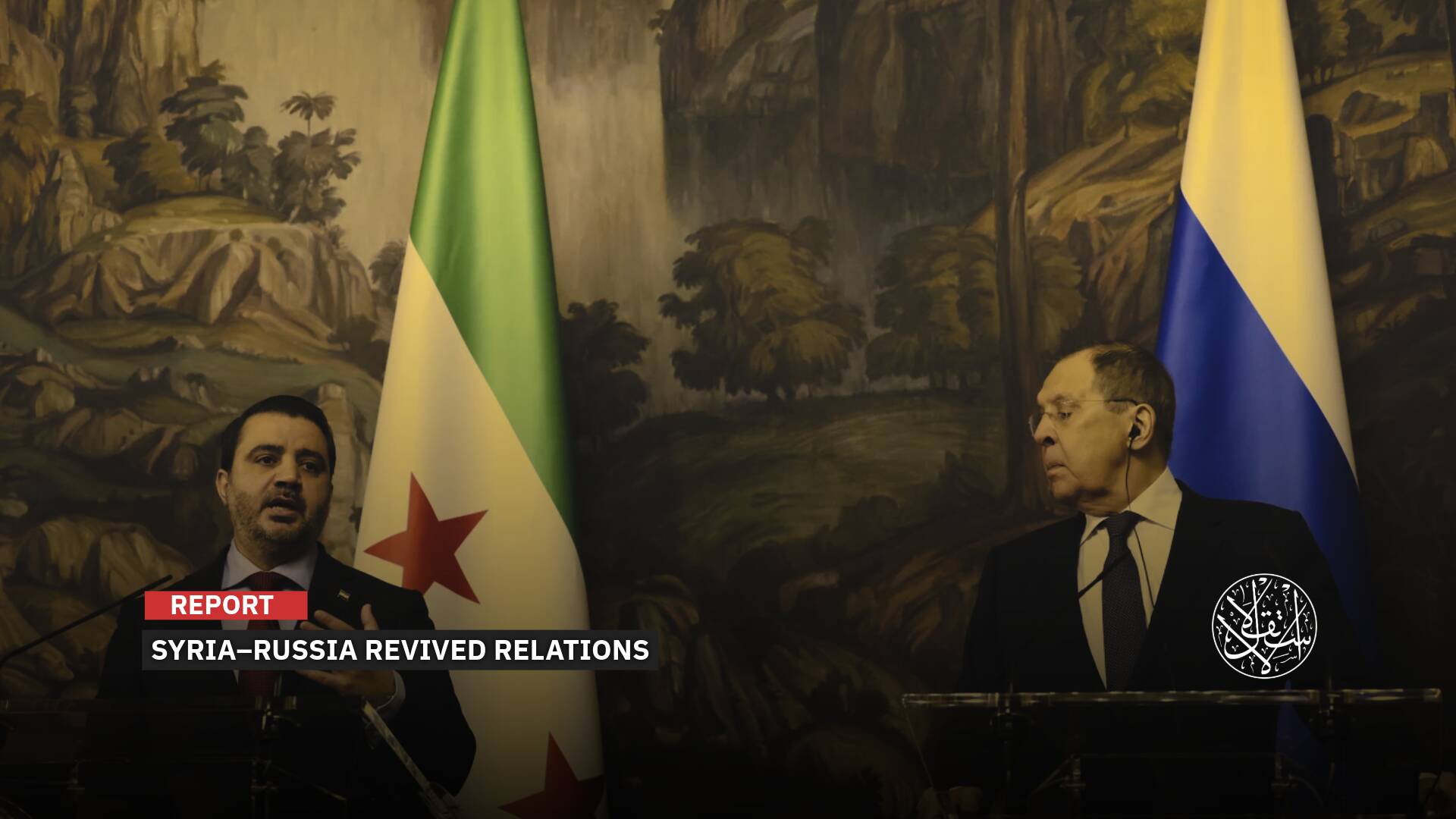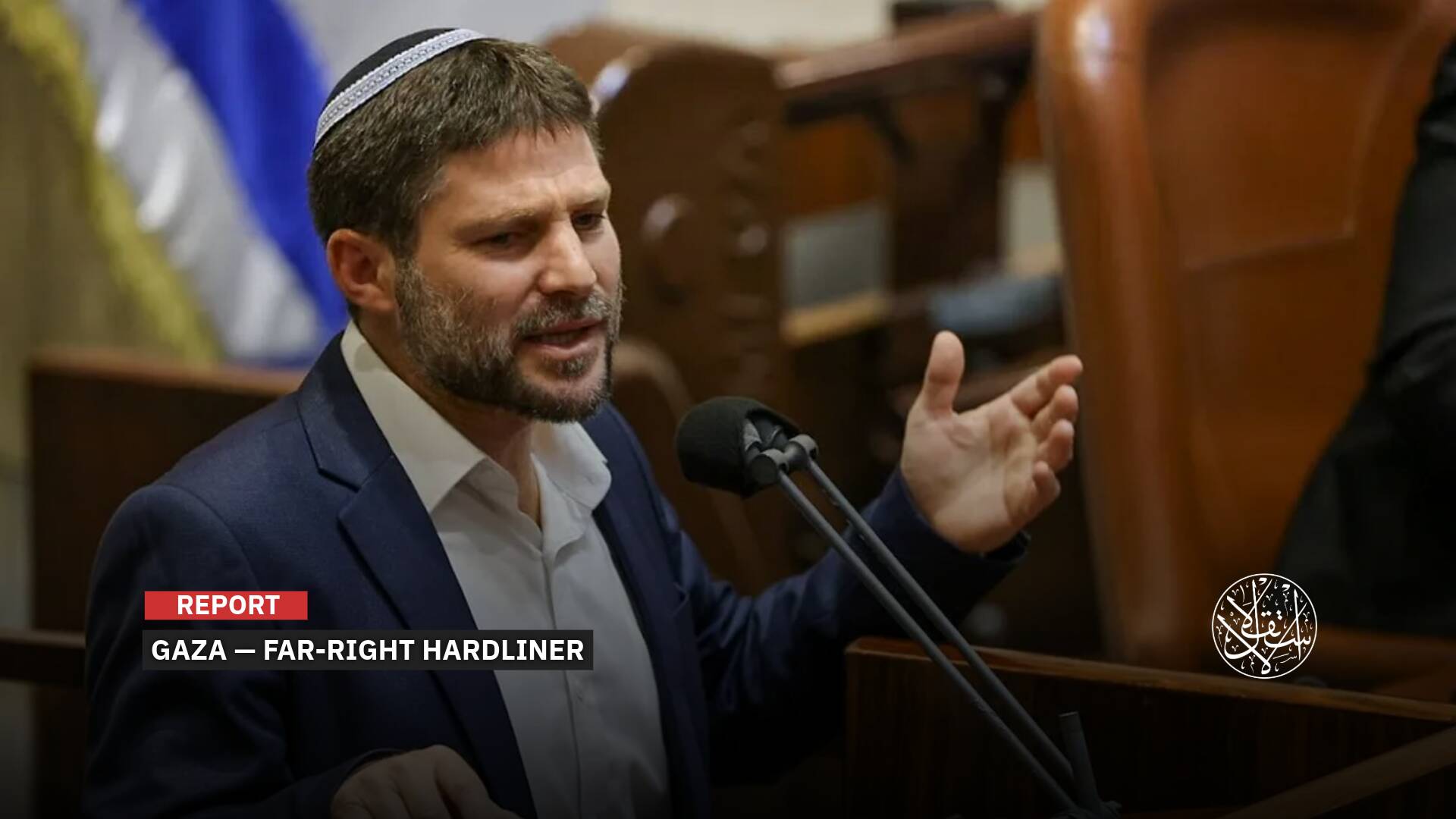Restoring the Death Penalty in Turkiye: A Step Forward or Backwards?

Thursday, August 4, 2022, marks the sixth anniversary of the failed coup attempt in Turkiye in 2016.
Since the victory of the people against the coup plotters, the President and many parties have called for bringing back the death penalty in Turkiye to punish those who were involved in the coup attempt and killed hundreds of people.
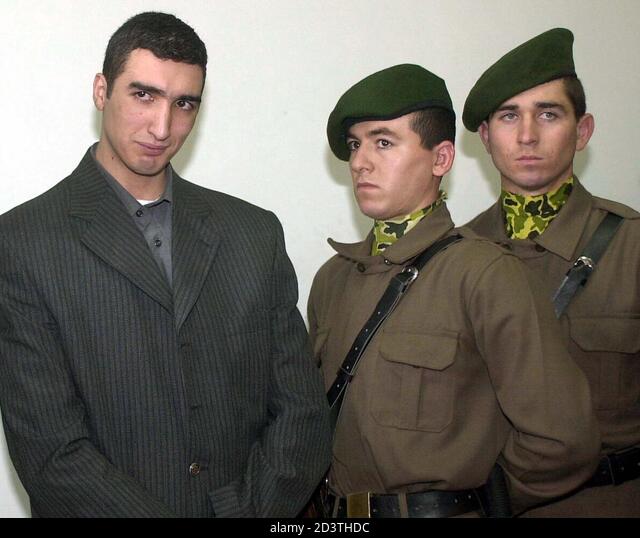
Turkiye's Recontinuation
In 1984, Turkiye's last execution was handed down without repealing the law. In 2004, during a period of rapprochement with the European Union, the death penalty was officially abolished by Turkish laws, and Turkiye signed an additional protocol to the European Court of Human Rights prohibiting the death penalty.
Turkiye must withdraw from the additional protocol in order to be able to restore the death penalty, but jurists reject Turkiye's withdrawal from any international convention under the principle of "fulfilling the covenant" contained in the Conventions Act.
As of 2002, the death penalty had been included in four laws across 41 articles, including the death penalty in the Military Crimes Act, the Forest Act, and the Anti-Drug Trafficking Act.
The recent calls for restoring the death penalty intensified after the increase in crime rates and the failed coup attempt.
In many cases, especially in which the victims were non-Turkish residents, the Turkish perpetrator would receive a life sentence penalty, reduced eventually to only six years.
Crime rates against non-Turkish residents have been on the rise due to the racist discourse of the opposition in Turkiye.
Analysts believe that the death penalty will be imposed on senior army leaders, starting with the commander of the third army, the commanders of the second army, and senior generals of the air force, although the majority of the army opposed the coup.
President Recep Tayyip Erdogan announced on July 1, 2022, that he would agree to reinstate the death penalty if parliament legally referred it to him, Turkiye's NTV television reported, published by Reuters news agency.
"If necessary, this must be put back on the agenda and put up for discussion," Erdogan was quoted as saying. "We must see what the debate results," he said, adding, "I have said so before, if parliament makes such a decision as a result of the work of the Ministry of Justice, I will approve it."
Erdogan's political ally Devlet Bahçeli supported the idea, saying the death penalty should also be imposed on crimes of terrorism, rape, and the killing of women.
The death sentence was replaced by life imprisonment; in accordance with article 9 of Law 5275, in the execution of the sentence, these prisoners were placed in individual cells in highly insured prisons and allowed to practice for one hour a day in the nearby courtyard.

Cancellation for EU Membership
Turkiye officially abolished the death penalty in times of peace in response to pressure from the European Union, which considered the abolition of the punishment one of the most important conditions for Ankara's accession to the European family.
The European Council on Human Rights Control in Europe expressed support for the move, and in a statement issued from its headquarters in Strasbourg, France, the former President of the Council's Parliamentary Assembly, Peter Schieder, considered the decision a step of great political importance that would boost Turkiye's hopes of persuading European leaders to start talks on EU membership.
In the statement, the council called on Russia to follow Turkiye's example and ratify Protocol VI because it is the only country among council members whose laws still include the death penalty, despite its suspension since 1996.
Turkiye's ruling Justice and Development Party (AKP) has implemented a wide range of human rights reforms over the past years in an effort to meet EU membership standards.
But today, the EU is not tolerating the intention of bringing back the death sentence in Turkiye.
The United Nations urged Turkiye not to return to the death penalty in connection with the failed coup attempt, and former U.S. Secretary of State John Kerry also called on Turkiye to "abide by the highest democratic standards in dealing with the perpetrators of the coup."
However, the response was clear from the Turkish leadership, which rejected Western criticism by the Turkish foreign minister, who equated criticism of Turkiye's handling of coup suspects with support for a failed attempt to overthrow the country's power.
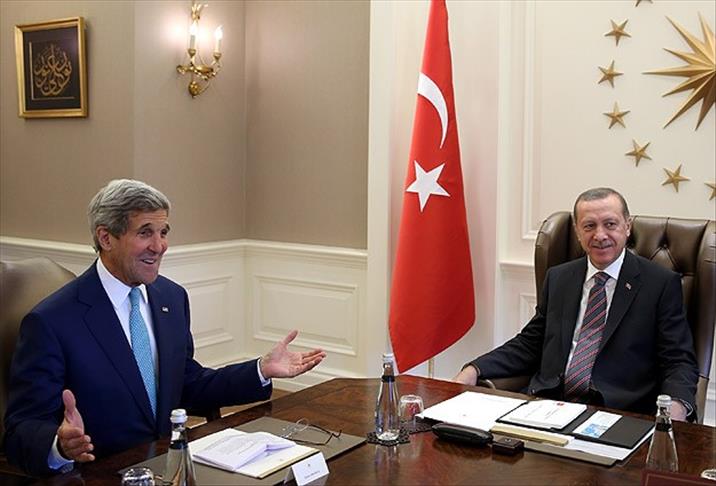
Conflicting Opinions
MHP leader Devlet Bahceli said the party was ready to accept the death penalty for the coup d'état if the AKP was ready, saying his party was ready to do whatever it had to do in the midst of a complete rest.
The leader of the movement said at a party meeting that the time of the coups and the attempted coup against the government witnessed on July 15 was the biggest abuse of the country, stressing that the Turkish people are now well aware of the way in which the rule is changed, whoever comes to the polls can only go to the ballot boxes.
It is worth mentioning that the MHP declared its support for the Turkish government and rejected the military coup directly against it and the leader of the movement made a telephone conversation with Prime Minister Binali Yildirim in which he stressed that the MHP would not stand idly by in the face of the coup attempt whatever the consequences for him.
In the same vein, a spokesman for the pro-Kurdish Peoples' Democratic Party (HDP) said that the party would not support parliament's proposal to re-establish the death penalty in the country following the failed coup attempt.
He added that the new laws could in no way be applied retroactively and that it was the responsibility of politicians to convey this message to the people, given that the HDP also stood in the early hours against the failed coup and declared its support for the government.
Death Penalty Continues
The death penalty is currently included in the laws of 58 countries around the world, while 102 countries have abolished death penalties from their laws. In six States, the death penalty is proposed only in exceptional cases such as war crimes or violations of military laws.
U.S. states differ on the death penalty, with the death penalty included in the laws of 31 of the 50 states. Since 2007, seven states have repealed the death penalty from their laws, and two states do not apply the death penalty despite being included in their laws.
Executions are discussed in addition to discussions on the death penalty in the United States, and the execution by injecting a toxic substance commonly used in recent years has drawn widespread criticism in the United States, which in the past carried out death penalties using the electric chair.
Since 1976, the United States has seen 1,437 executions.
Gary Becker, a Nobel laureate in Economics and was Professor of Economics and Sociology at the University of Chicago, supports for the continuation of the death penalty and says Europe should not be taken as an example.
Algerian lawyer Bouaziz Abdelwahab writes, in his thesis Death Penalty Between Islamic Legislation and Positive Law, that Islam approves the death penalty in the law of retribution because of its great benefit in the administration of justice in society.
"The punishment should fit the crime so that the criminals will be deterred and stop their harm and evil so that the nation lives in security and peace, and if it weren't for retribution, chaos would spread, and the truth became the essence of revenge against the killer," Bouaziz said.







